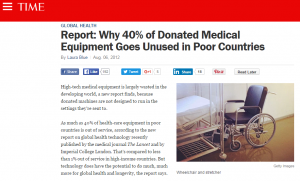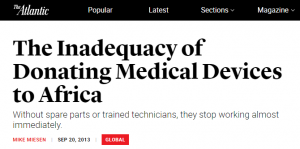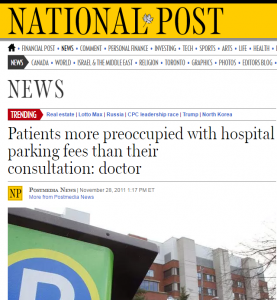A nice story in the Gazette this week about sharing used medical equipment in Third World countries.
Furniture, bedside tables, equipment from the old Royal Victoria Hospital will be sent to Central Africa to be used in eight hospitals in Cameroon.
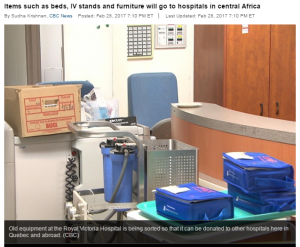
Numerous organizations are identified by the World Health Organization to help distribute medical supplies, equipment, vaccines and donations:
HTTP://WWW.WHO.INT/MEDICAL_DEVICES/MANAGEMENT_USE/DONATION_ORG_ROLES.PDF
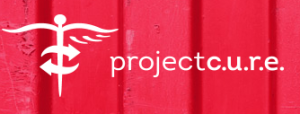




In Canada, HOPE and HPIC are two organizations that help with this cause.

HPIC (Health Partners International of Canada) is a relief and development organization dedicated to increasing access to medicine and improving health in the developing world.
HPIC is an independent charity that receives donations of medicines, vaccines and medical supplies from Canadian pharmaceutical and healthcare products companies, to be used for humanitarian purposes. HPIC is funded in part by the Government of Canada, foundations, companies and individuals.
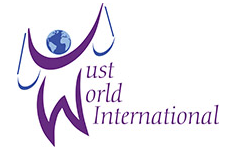
Since 2012, Santé Kildare has sent supplies to JustWorld International to support the medical clinic located in Jocotenango, Guatemala. Promoted through the international equestrian community, JustWorld supports basic education, nutrition, health & hygiene, and cultural development programs for children in impoverished communities in Cambodia, Guatemala, and Honduras.
Regrettably, medical equipment donated to developing nations is not always used.
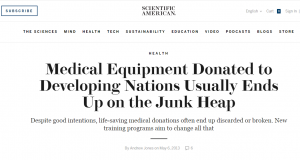
While medical equipment donations in theory enable hospitals in developing countries to receive expensive and advanced technology, in reality much of the equipment breaks easily and is not repaired.
A study of seven hospitals in Haiti found that only 1/3 of the 115 pieces of medical equipment donated after the 2010 earthquake was working after 3 years and 1/2 of the broken equipment could not be repaired. Some of the donated devices, such as incubators for premature babies, were never used because of insufficient electrical voltage in Haiti.
The World Health Organization (WHO) estimates that only 10-30% of all medical equipment donations are ever put into operation. Not only does the equipment need to be donated, it needs to be shipped, delivered, installed, and the local staff trained.
To address this concern, WHO defined 4 principles for a good medical equipment donation:
- Respect the recipient’s request
- Assure the donation will benefit the recipient
- Keep an open line of communication
- Ensure quality
